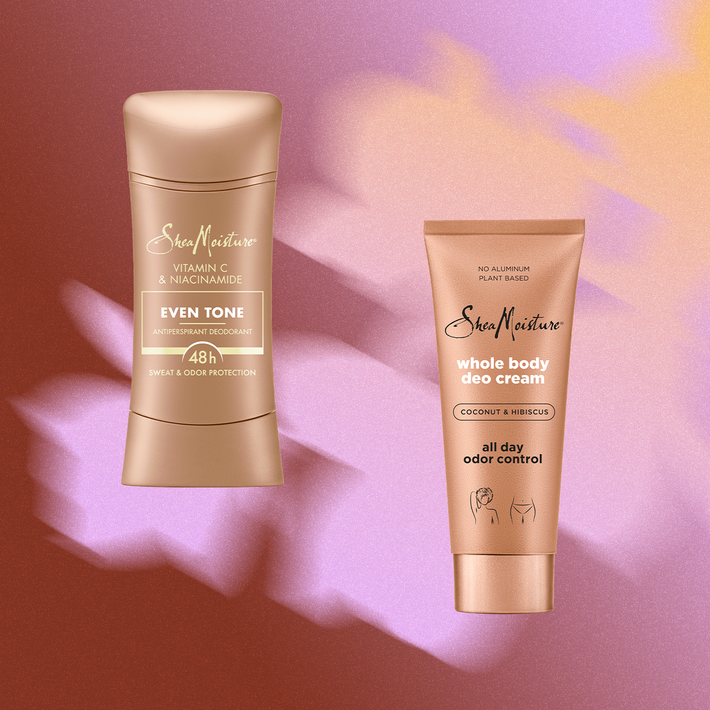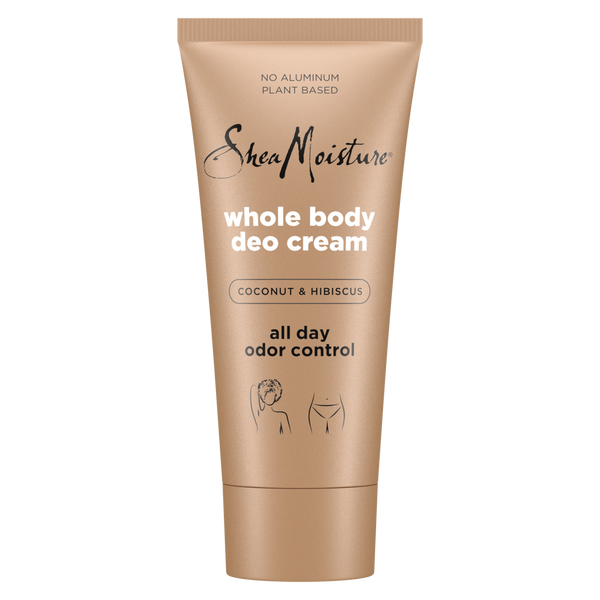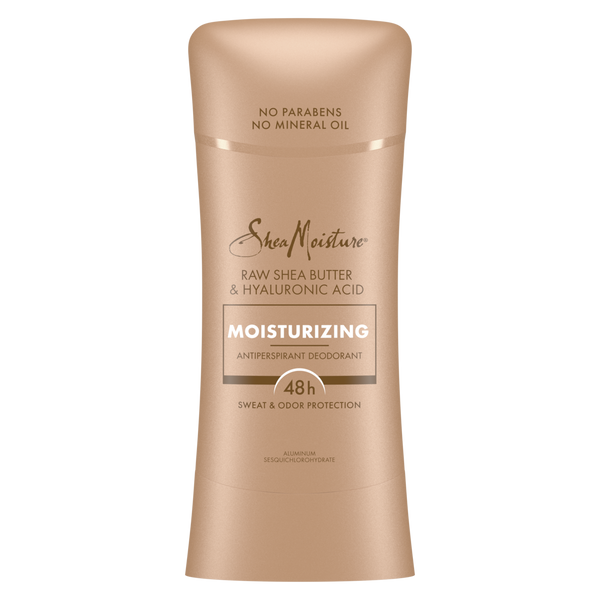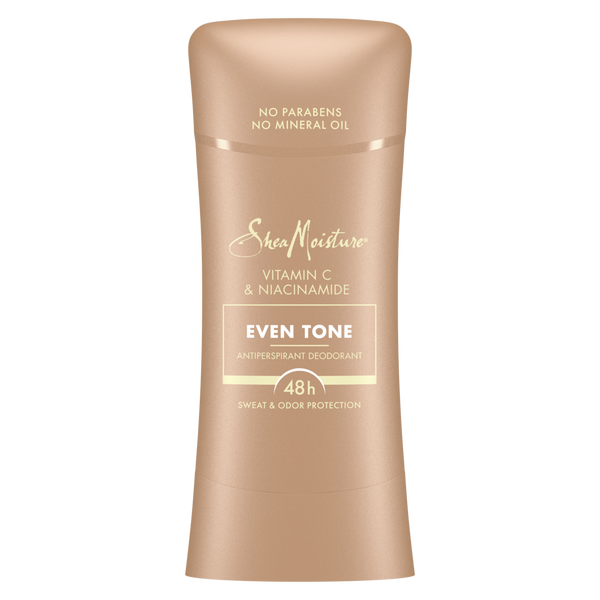
Achieving and maintaining hydrated, glowing skin is a universal aspiration, yet the approach varies with the changing seasons and individual skin needs. Black and brown women can have additional concerns to face while attempting to reach skin goals, such as discoloration and health conditions that are specific to richly-melanated people. It can be overwhelming, especially when no one has the funds to go to a dermatologist for every pimple or patchy skin inquiry.
So in an attempt to get some much-needed assistance for the new year, we asked board-certified dermatologist Dr. Tiffany Clay-Ramsey, MD, FAAD and obstetrician-gynecologist (OB-GYN) Dr. Kiarra King to give readers the up-close and personal on what Black women can be doing to maximize their routines for glowing brown skin.
Developing a Full Body Skin-Care Routine
Ensuring the skin on your face, as well as your body, stays well-hydrated throughout the year involves mindful practices, especially in between the seasons. And hate to break it to so many of you, but the showers that are practically giving you second-degree burns are not doing you any favors. Lukewarm, not scalding hot showers, says Dr. Clay-Ramsey, are ideal. “You shouldn’t feel ‘squeaky clean’ when you finish showering.” She suggests using a hydrating bar cleanser or body wash and to avoid cleansers that strip the skin of its natural oils. Following the shower, patting yourself dry and applying a thick body cream to your damp body will help lock in hydration.
To tone the skin, Dr. Clay-Ramsey encourages Black and brown women to use hyaluronic acid or niacinamide-based products. “I don’t recommend food items be used on the skin for fear of irritation or allergy, including apple cider vinegar, lemon juice, toothpaste, and pure tea tree oil or olive oil,” she explains. “If you are attempting to even the skin tone, also look for products that contain retinol, vitamin C, kojic acid, tranexamic acid, and/or azelaic acid.”
Of course, protecting your skin goes beyond just hydrating and toning. SheaMoisture’s new Black gynecologist-approved Coconut & Hibiscus Whole Body Deodorant Cream can help fight against odor, and is also formulated with shea butter for hydration and cornstarch for sweat absorption to keep you feeling and smelling fresh all over, all day.
Being Open to Lifestyle Changes
If you haven’t been getting the skin-care results you wanted, it might be time to add or alter a few steps in your routine. This may mean adjusting your days to accommodate for a lengthier daily ritual or treatment, so flexibility is key. Dr. Clay-Ramsey advises her patients to have good shaving practices — “always use a shave cream and shave in the direction of the hair” — but highlights laser hair removal as a professional treatment tailored to melanin-rich skin, as it can effectively reduce hair thickness and minimize dark spots caused by hair bumps, especially in the underarm area. Since this treatment can typically be necessary every four to six weeks, it would mean a small lifestyle change to accommodate for the time and money needed for each session.
In between treatments, Dr. Clay-Ramsey suggests avoiding deodorants or antiperspirants that cause itching or irritation. Exploring skin-care products and ingredients that prioritize moisture and hydration, and promote skin health, is best. Each of SheaMoisture’s new antiperspirant deodorants contain shea butter and are non-irritating. The Vitamin C & Niacinamide Even Tone Antiperspirant Deodorant Stick, which contains niacinamide, helps with moisture and evening skin tone. Dr. King adds that maintaining clean, dry underarms throughout the day and choosing breathable fabrics like cotton and wicking fabrics will also help minimize sweat accumulation and reduce odors, so your deodorant can do its best work. This also applies for genital health. As Dr. King explains, “The skin of the vulva can be sensitive to a variety of products. I like to use a ‘less is better’ approach. Mild soaps and cleansers are generally okay as is plain water.” And if you really want to boost your hydration, Dr. Clay-Ramsey suggests using a humidifier in your bedroom while you sleep.
Making Sunscreen an Essential
For many Black women, sunscreen is a very new part of the skin-care routine, and while it may be tempting to only focus on your sunscreen in the warmer months, it’s time to make it a part of your daily schedule. Dr. Clay-Ramsey explains that UV rays can contribute to the skin becoming dull and losing its elasticity, which can be remedied by daily use of sunscreen. “It is also the number one item to help hyperpigmentation because by blocking the UV rays and visible light that worsens dark spots, you should notice a slight improvement without adding other [active ingredients],” she says.
Sunscreen brands have come a long way in their attempts for inclusivity by creating sun protection that doesn’t leave a white cast on melanated skin, however, there’s still going to be a little trial and error when it comes to finding one that works for your skin tone. Dr. Clay-Ramsey recommends sunscreens containing zinc oxide, or mineral sunscreens, that are at least SPF 30. She also warns against sunscreens that contain iron oxides which can worsen aging and hyperpigmentation of the skin.
Staying Adventurous About Alternative Methods and Techniques
Alongside having a skin-care routine you can do with your eyes closed, it’s important to keep an open mind to alternative remedies for your unique needs. Dr. King is a firm believer that “education is empowerment” and makes it a point to counsel women on their skin changes and how they happen. “Someone with acne, for example, may pick at acne lesions not being aware that they are worsening the area, increasing inflammation and the likelihood of post-inflammatory hyperpigmentation, or PIH,” she says, adding that PIH can also be caused by friction from tight-fitting clothes or scarring from waxing and other hair removal methods. “When I’ve had patients who experienced skin changes that were concerning to them, I generally refer them to a dermatology colleague who is experienced in treating melanin-rich skin.”
Depending on what your dermatologist suggests for treatment, you may be offered methods you haven’t considered before, so it’s important to talk with your physician about your concerns to learn what’s available to you. Dr. King notes microneedling as a great way to treat acne scars on darker skin tones, and chemical peels being useful for PIH. So after researching and discussing a plan with your doctor, you’ll be prepared to try something new with fewer questions in mind.
Advocating for Yourself in Health-Care Settings
Speaking up for oneself in health-care settings is crucial, especially for Black and brown women who often encounter disparities in treatment compared to white women. Being knowledgeable about skin conditions that are prevalent among Black women is key, as these conditions may not receive adequate attention in health-care discussions. A National Partnership for Women & Families report highlights that nearly one in four Black women report mistreatment by health-care providers, emphasizing systemic inequalities. To combat potential discrimination, Dr. Clay-Ramsey encourages seeking out board-certified dermatologists and licensed estheticians of color and relying on recommendations from trusted sources — not influencers on social media with non-evidence-based information.
“The relationship you have with your physician or health-care provider is a partnership,” says Dr. King, who encourages Black and brown women to ask questions in these intimate settings. “Questions such as, ‘Is this treatment safe for melanin rich skin?’ or, ‘Is this the best option for my skin type?’ are important to ensuring a patient has optimal outcomes.” Both Dr. Clay-Ramsey and Dr. King underscore the prevalence of hidradenitis suppurativa (HS) among Black women, a chronic condition causing underarm drainage, pain, cysts, and nodules, often underdiagnosed and undertreated. HS disproportionately affects Black women, though the exact reasons remain unclear. Dr. King notes that managing this condition is a collaborative effort with health-care professionals and patients, so sharing information can be helpful to others, both physicians and other women of color.
The content in this article is intended for informational purposes only and does not substitute advice from a medical professional.
This advertising content was produced in collaboration between Vox Creative and our sponsor, without involvement from Vox Media editorial staff.




